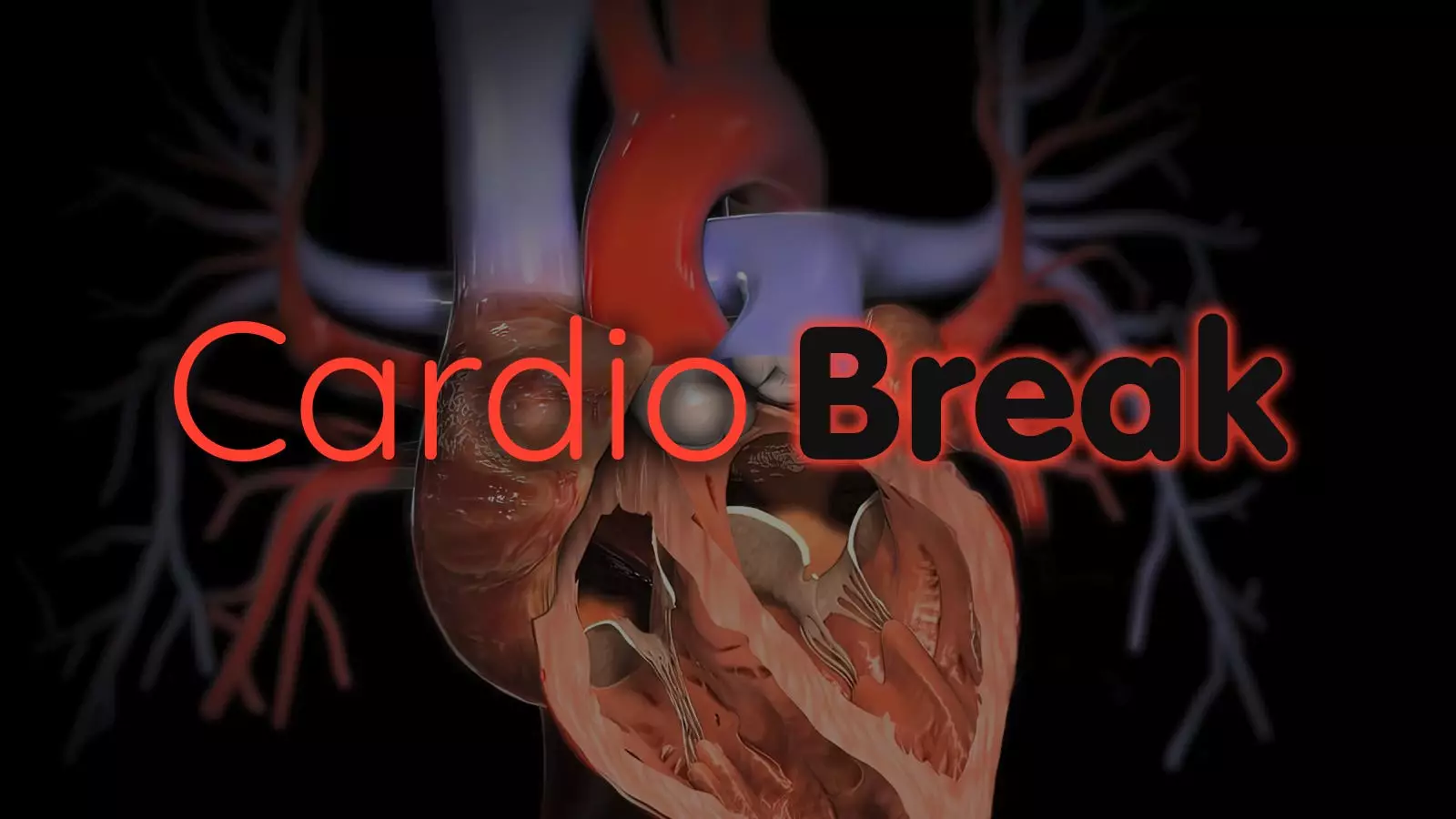Cardiovascular diseases (CVD) and type 2 diabetes are rapidly becoming global health emergencies, exacerbated by lifestyle choices, particularly the consumption of sugar-sweetened beverages (SSBs). Recent estimates indicate that these drinks contribute to about 2.2 million new cases of type 2 diabetes and 1.2 million new instances of CVD each year. The excessive sugar content leads to unbalanced insulin levels and hypertension, setting the stage for these chronic illnesses. With climate changes and dropping temperatures increasing the risk for heart attacks, communities must reconsider their nutritional choices and promote healthier alternatives to mitigate this growing threat.
The Link Between Comorbid Conditions
There is a notable correlation between obesity, hypertension, and cardiovascular health. Observations from 2001 to 2023 reveal a concerning increase in obesity rates among individuals with high blood pressure. This interrelationship underlines the urgency of addressing obesity as a contributing factor to cardiovascular issues. Health experts now advocate for integrated approaches, tackling obesity and hypertension concurrently to prevent the escalation of related health problems.
Technological Innovations in Cardiovascular Health
Advancements in medical technology play a critical role in early detection and management of heart diseases. Researchers in Boston have developed an ECG-based artificial intelligence risk estimator that identifies patients at risk for hypertension-related complications. This shift towards AI-driven diagnostics enhances the capacity for proactive interventions, allowing healthcare providers to tailor treatments based on individual risks. Furthermore, non-invasive methods utilizing ECG patch-monitors for the detection of elevated left atrial pressures exemplify how technology can simplify the identification of cardiac distress.
Research continues to refine our understanding of effective treatments for various cardiovascular conditions. A recent randomized trial in China studied the impact of tenecteplase on stroke patients and found it promoted reperfusion without significantly improving long-term outcomes. This emphasizes the need for ongoing evaluations of treatment protocols to ensure they effectively yield favorable patient outcomes. Additionally, anti-CGRP monoclonal antibody therapy for migraines shows no excess risk for cardiovascular events compared to other treatments, signifying a safer alternative for patients with coexisting conditions.
Emerging data indicates that people with advanced breast cancer are at greater risk for developing cardiovascular diseases. This association necessitates a more nuanced approach in treating cancer patients, emphasizing the integration of cardiovascular monitoring into their overall care plans. Furthermore, rural patients with left ventricular assist devices (LVADs) have shown no significant disparities in survival rates compared to their urban counterparts, although they face a heightened risk of complications. This insight has critical implications for healthcare access and resource allocation in underserved communities.
In response to the rising tide of CVD and related conditions, a multifaceted approach is essential. By combining lifestyle modifications, advancements in technology, and targeted interventions tailored to specific populations, we can make significant strides in combating these chronic health issues. Awareness and preventive measures must be prioritized to protect the health of future generations and alleviate the burden of cardiovascular diseases worldwide.


Leave a Reply